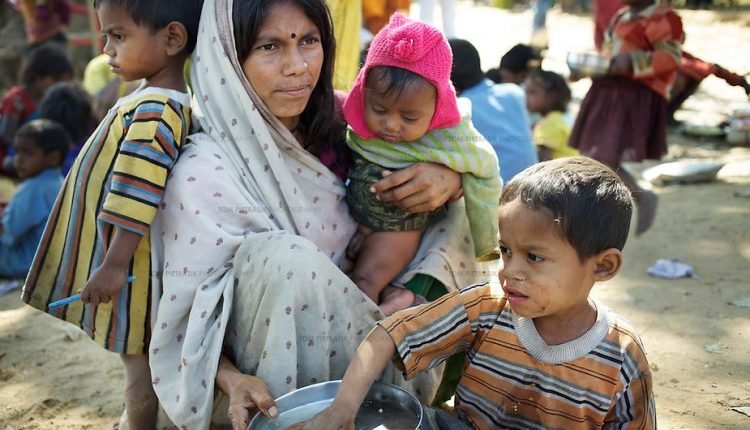Editorial . . . . . . . .
Food prices throughout the world are skyrocketing. Hunger is also a problem. For the past two years, the world system that feeds humanity has been under strain. The coronavirus outbreak caused havoc on agricultural production, supply networks, and livelihoods, leading to food insecurity. As crude oil prices doubled or tripled between late 2020 and early 2022, the cost of vital agricultural inputs such as energy and fertilizers increased. The war between Russia and Ukraine choked vital sources of supply, as these two nations account for 28% of global wheat exports and 15% of global maize exports. Exports from Ukraine are simply not possible since Russia has blockaded and mined the port of Odesa, while Russian exports are being restricted by sanctions. The difficulty with wheat in 2022 has been affected by climatic. Untimely rains in China, the world’s greatest wheat producer, an unusually hot wave in India, the world’s second-largest wheat producer, and insufficient rain in the US and France’s wheat belts have all impacted output. Drought in the Horn of Africa has severely harmed wheat and maize production. Wheat prices have surged by 60% in less than six months around the world. The outlook is bleak.
More than two-thirds of the world’s population, mostly in developing countries, live in countries that are net food importers. Food consumes at least 40%, if not more, of the income of the impoverished in many countries. Wheat and bread also supply a large amount of the calories required to keep hunger at bay for the poorest. When there are food shortages, the impoverished are the ones who suffer the most. Avoiding the threshold, as the newest Intergovernmental Panel on Climate Change study reveals, will necessitate fast and drastic action. However, mitigation is only one aspect of the problem. To protect vulnerable communities from already-settled warming, large-scale policy interventions will be required. Global warming is anticipated to reach the 1.5°C thresholds in a decade, even under the most optimistic mitigation scenario, before reversing. As a result, climatic zones will move, sea levels will rise, and the water cycle will be disrupted, increasing the frequency and intensity of extreme weather. In addition to increasing economic and health concerns, disruptions in food and water supplies are expected to cause social and political unrest, fuelling a vicious cycle of poverty, hunger, instability, and possibly conflict, as well as a significant increase in migration. Global hunger is a worldwide issue. Export limitations, for example, are insufficient on their own. The necessity for international collective action, inspired by solidarity and carried out through cooperation, is urgent. If the world is unable to feed its people, hunger and poverty would intensify conflict by igniting economic, social, and political conflicts within countries, which may spill across national borders.




